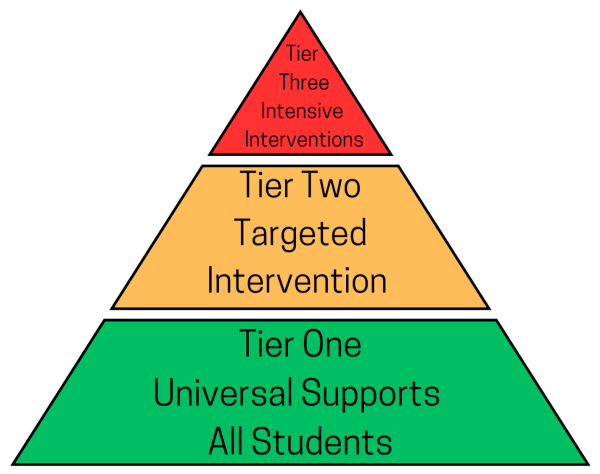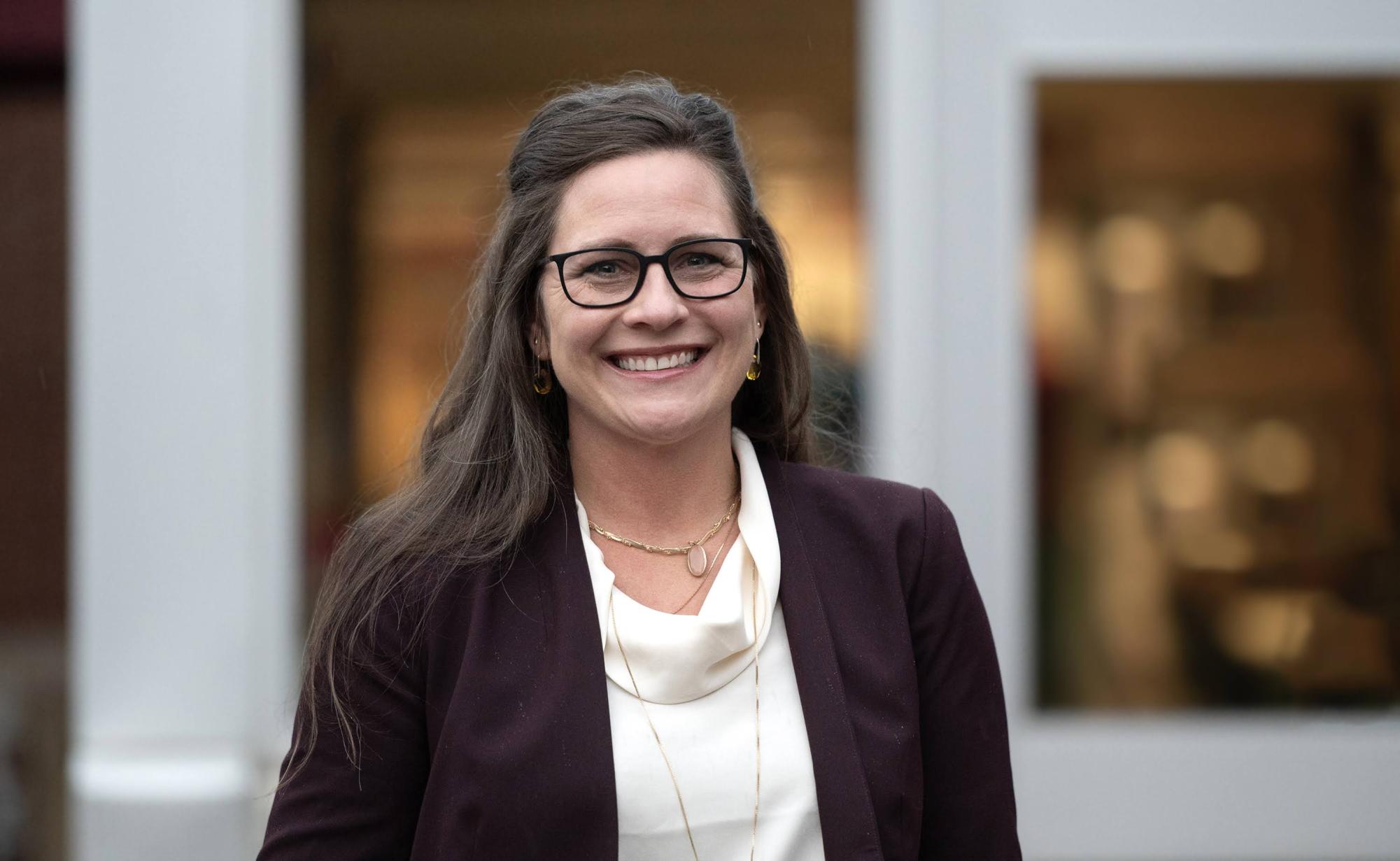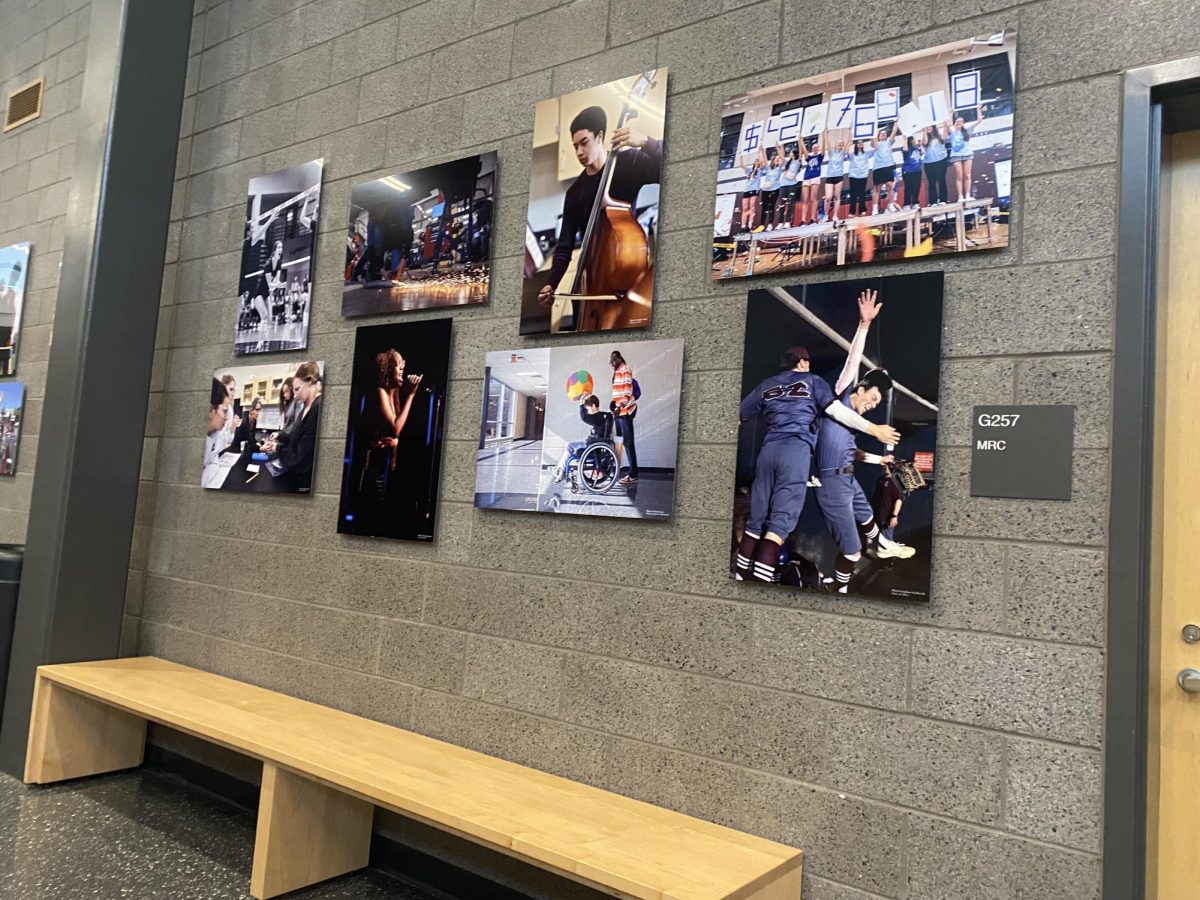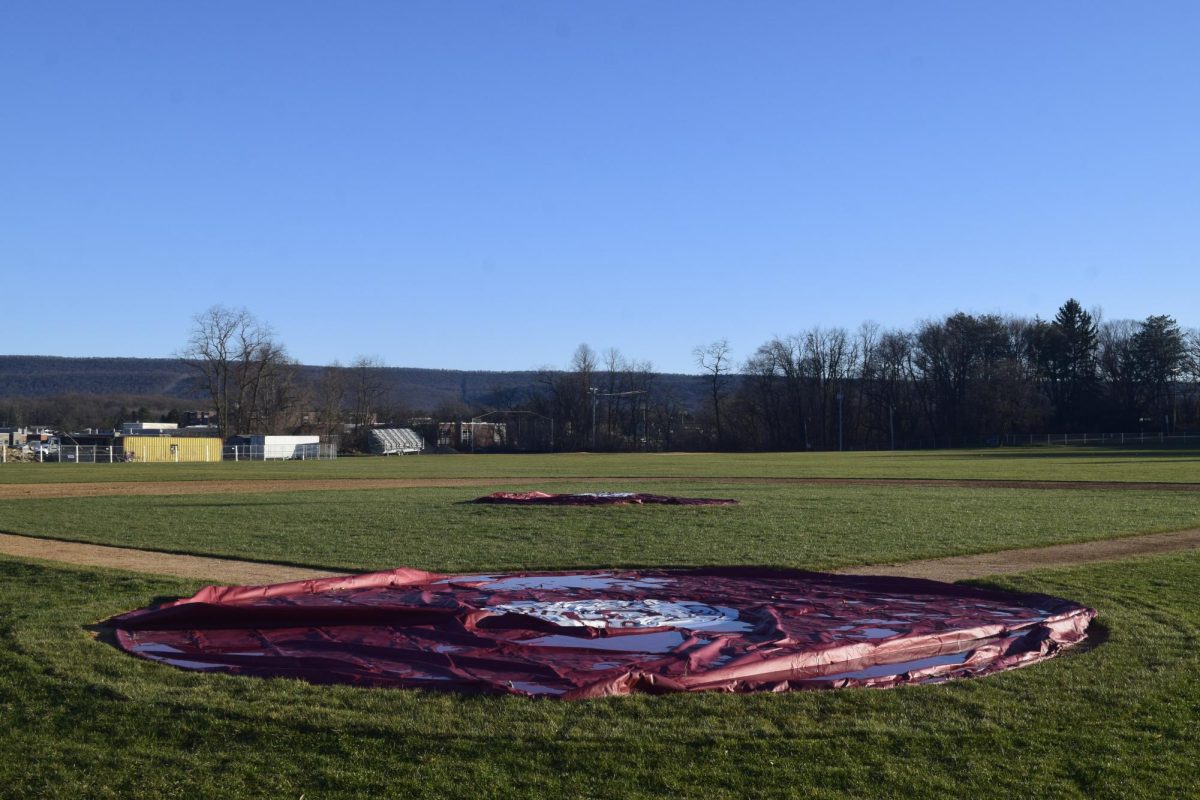A Transition to New Leadership in Student Services
State College Area School District welcomes Lisa Kuilman-Bolla as the new director of the Multi-Tiered Systems of Support (MTSS) and Interventions. The position will overview K-12 MTSS, math intervention, Title I reading, English as a second language instruction (ESL), and gifted enrichment. As a school district with 13 different schools and a wide variety of student needs, the position is essential in providing target support and a framework for student’s academic and emotional needs.
“That’s kind of what we’re looking at: ways for you all [students] to succeed. Sometimes, that looks different for every student, right? You all are unique individuals,” Director of Student Services Stephanie Beaver said.
Jonathan Klingeman previously held the position but recently resigned. Starting Nov 1, Kuilman-Bolla will continue building on Klingeman’s past successes.
Introducing Lisa Kuilman-Bolla
According to an article by Chris Rosenblum, Kuilman-Bolla joins SCASD with an extensive background within the Pennsylvania Training and Technical Assistance Network, where she worked in the state Bureau of Special Education, was the western region lead for MTSS, and served on the literacy and secondary transition initiative teams. In addition, she has experience with an MTSS Math Team, providing structured literacy understanding, and taught in the Fairview and City of Erie school districts.
“I am honored and elated to have been selected to join the dynamic and forward-thinking team at the State College Area School District. […] SCASD truly provides a unique, once-in-a-lifetime opportunity for me to leverage my background and knowledge, while becoming a part of a larger team that prioritizes students and the community in all of their conversations,” Kuilman-Bolla said.
Kuilman-Bolla is expected to develop a cohesive plan to unite these various departments to best meet student needs.
“I’m looking forward to her being able to get a streamlined process and making sure that kids get their needs. … We should be using the same messages across the district to, like, really build that community. It functions like, how can we work together to make sure kids’ needs are being met?” State High mental health clinician Elisabeth James said.
“I know that that is in the process of getting restructured, so I think she will have a lot of communication with us and understanding what we’re doing at the high school level, because it is a K to 12 system, but the elementary and middle school have a better system than we do, and we need to be consistent. So I think she is going to work with us closely to make that consistent throughout the district,” State High counselor Beth Burnham said.
Kuilman-Bolla will continue to grow the district’s foundation of MTSS and interventions using fresh ideas to help each student succeed.
MTSS Framework

Infographic by Clara Kraft
The Multi-Tiered System of Support (MTSS) is a framework designed to provide specific support to all students, including their academic and emotional needs. MTSS includes 3 tiers, each representing a different level of support a student needs.
“The MTSS system stands for multi-tiered system of support. It has different tiers of different levels because kids have different needs. […] It’s like the more intense need, the more intense services in place, and this is across the district. Every school has its own kind of community, and this new person will be tasked with getting everyone on the same page with what the MTSS process looks like,” James said.
Tier 1 includes universal support for all students in a general classroom setting. It also includes visiting a school counselor since students can access the counselors anytime. Tier 2 focuses more on support and small-group interventions, such as Humanities and STEM centers. Tier 3 is individualized support for students, such as the academic center for enrichment or therapy sessions at school. MTSS is a way to monitor student progress, and the services a student receives can be adjusted at any time, given their current needs.
Burnham described the tiered approach as, “what adults do to help students be successful.”
Kuilman-Bolla is expected to oversee the district’s MTSS program.
“She comes with a very extensive background regarding MTSS. You know, that’s something that she did a lot of training on. She worked with many different school districts, and so she brings with her a lot of expertise that I think is really going to benefit SCASD and as a whole,” Beaver said.
Impact on ESL, Gifted Education, and Special Education Students
The language barrier can cause learning difficulties for ESL students, which can affect their academic and social development. In Kuilman-Bolla’s position, she will work to bridge the gap with ESL students.
“Making courses accessible for English language learners and improving their language proficiency at the high school is part of our comprehensive plan. So it’s a high school goal. So I anticipate that this person will just kind of jump on board and support all of our endeavors that we are currently doing to provide English language learners with the best possible education in the building,” ESL teacher Melissa MacNeely said.
Since Kuilman-Bolla will improve the MTSS process in our district, gifted and special education students will benefit from the added enrichment and support that will fit their learning needs.
Supporting Mental Health and Emotional Well-Being of Students
Mental health plays an essential role in student success. MTSS framework includes the emotional and behavioral part of a student’s education. As part of the MTSS framework, teachers and administrators meet regularly to assess students who need more support.
“The whole purpose is to help students, period. […] Tier one is school counselors, open to everybody. Tier two could be counseling groups or maybe more regular check-ins with the school counselor. Tier three could be connections to mental health providers and groups,” James said.
The purpose is to ensure students’ mental health remains stable since their academic performance depends on their emotional well-being.
Vision for the Future
Educators and administrators are looking forward for Kuilman-Bolla to join the district and expand upon ways to support students.
“She probably has her own vision and goals that she’s going to bring to our district, so I’m excited to learn more about her and collaborate with her,” MacNeely said.
“I’m just really looking forward to her bringing a lot of expertise and skills with her and seeing what we can do to help support and make SCASD the best,” Beaver said.
Educators are anticipating Kuilman-Bolla’s start in the district and ways to build upon previous ways of student support.








